A Powerball winner’s 6 secrets to staying rich
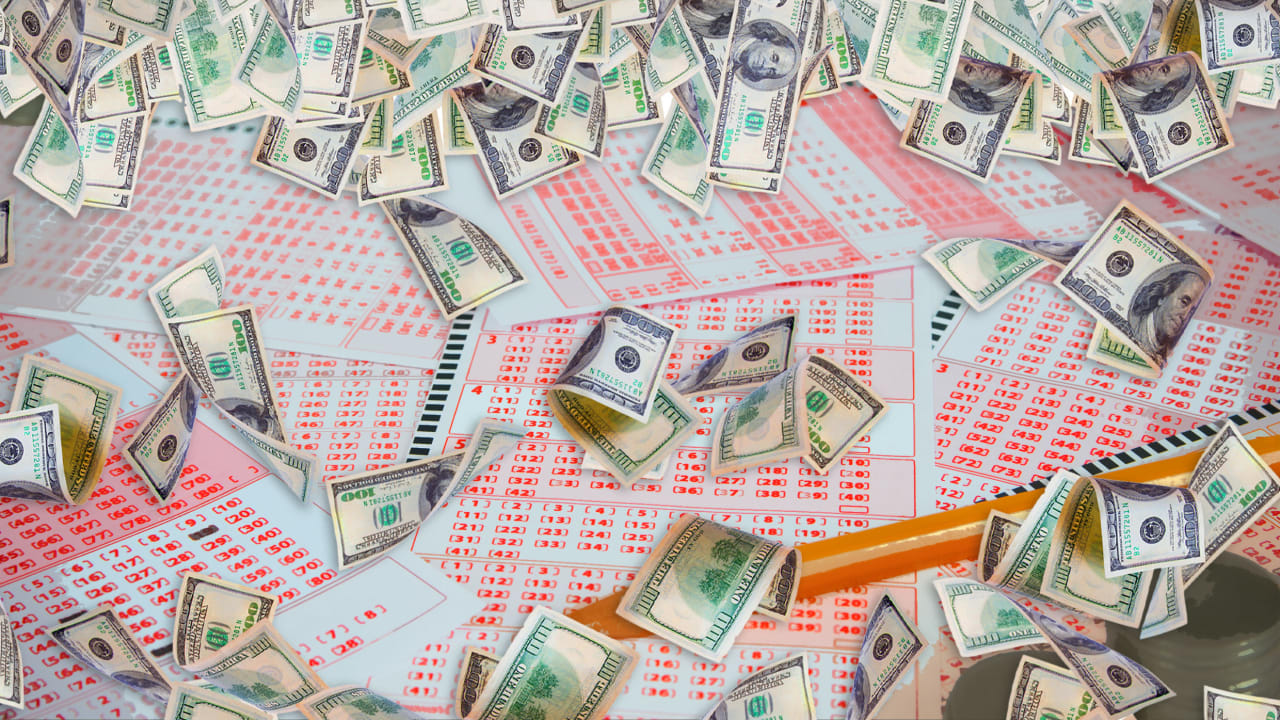
The stats are ironic. There are near-impossible odds to hit a Powerball jackpot (one in 292 million), yet a high probability that those that do will squander it (70% of lottery winners go broke). Not Tim Schulz. In 1999, he was a 21-year-old buried in student debt and working at a gas station for minimum wage before an improbable $28 million Iowa Powerball win instantly reversed his circumstances.
More than 25 years later, Schultz is happy, successful, and still wealthy. He invested the majority of winnings, and still lives off of the interest on top of earnings from his successful Lottery, Dreams and Fortune podcast.
“I’m still incredibly grateful,” said Schultz, now 48. “Your life can go in different directions. It’s one of the biggest things that’s ever happened to me.”
Schultz’s initial purchases were practical. He eliminated his debt. He hired a financial advisor who put him on a budget. His first purchase was a Nintendo 64 game console, and eventually, Schultz purchased a modest house and car.
Managing the logistics of a massive windfall
The prospect of upgrading your life situation overnight is the lottery’s—or anyone who falls into instant wealth like an inheritance—greatest seduction. There are the problems you would solve, the house in Newport Beach you would buy, the tech startup you could start, and the money (or Birkin bags) you would gift your family.
But rarely do dreamers factor in the actual logistics that immediately precede a golden ticket.
“From a process standpoint, I do think some of [the lottery winners] are a little surprised to find out how much is involved after the win,” said Carolyn Becker, a spokesperson for the California Lottery. “They are learning in real time.”
As fiscally responsible as Schultz was, there were tough lessons along the way. Demands for money from family and friends led to fallings-out. And becoming an instant Powerball millionaire at 21 created pressure, guilt, and stress at times for Schultz.
Fast Company spoke to Schultz, who has also interviewed dozens of fellow lottery winners and financial advisors on his podcast, and representatives from the California Lottery to explain what to expect after hitting a 9- or 10-figure jackpot. And more importantly, how to survive it.
1. SECURE THE TICKET
No ticket, no payout. “Take it to a safety deposit box or someplace that will protect it from fire or getting wet, getting ruined, or lost,” said Schultz, who suggests getting your ducks in a row before you claim your prize. In addition, if you are a part of an office pool or a shared ticket situation, the California Lottery advises a representative of the group can sign the ticket and attach an affidavit or “pool agreement” to the ticket to prevent internal disputes later.
2. BUILD A TEAM OF EXPERTS
In most states, you have 365 days from the date of the draw to claim your winnings. That’s plenty of time (but not too long, there have been close calls and missed deadlines) to prepare a plan and hire the professionals who will protect you and your money, before redeeming your ticket. A reputable financial advisor—to build your investment portfolio and veto the Birkin bag idea above—is a given. But Schultz takes it a step further. “There are lots of different types of attorneys, but I recommend an estate attorney before you redeem the ticket,” he said, noting estate attorneys can often assist with taxes, legal forms, insurance, drafting media statements, and dispersing cash between family members. Schultz also warns against prematurely broadcasting your new fortune, rather, keeping those in the know limited to your new professional team and a few trusted family members and friends.
3. FILE YOUR CLAIM. (SPOILER ALERT: YOU WON’T BE PAID TODAY)
Unfortunately, the process of claiming a billion-dollar Powerball or Mega Millions jackpot (or even anything over $1,000 for that matter) is “a little more complicated than just providing a routing number,” explained Daniel Kelly, a spokesperson for the California Lottery. The first step involves completing and delivering a claims form, either in person or by mail, to the official lottery office in your state. In addition to providing the legitimate physical ticket, the lottery winner’s identity will be vetted. “They want to make sure, because this is so much money that it’s going to the right person,” Schultz said. “They don’t want to mess that up.”
Also expect filling out forms—and lots of them. Once the winner decides on whether to be paid in a lump sum (a one-time payment, which Schultz said is “typically half of the sticker prize”) or an annuity payment (annual payments, often for around 30 years), they must complete a variety of tax forms—including state and federal tax (typically 24% is withheld). Eight states, including California, Washington, and Wyoming, do not tax lottery winnings.
And don’t expect a same-day deposit. The waiting time can be between six and eight weeks—sometimes longer if you have outstanding payments (unpaid parking tickets, child support, etc.) with the government. “I think there was an overdue vehicle registration fee [from a major lottery winner in California] three years ago, literally $20 that stalled the process,” said Becker.
4. CONSIDER MOVING (OR AT LEAST DELETE FACEBOOK)
The degree of privacy for major lottery winners depends on the ticket’s point-of-sale origin. Some states like Wisconsin require you to claim your winnings publicly, while others like Arizona and Michigan allow large prize winners to remain anonymous. In California, winners’ names are public record, although they are not required to have their photo taken or talk to the media. “I’ve been here five years, and no big winner has ever agreed to appear at a press conference with us, which is fine,” said Becker.
Edwin Castro, a Los Angeles-area resident who won a Powerball record $2.04 billion in 2023, did not appear on camera (he did provide a written public statement) but news media outlets like TMZ and the New York Post have tracked his home purchases and recent dating life. An anonymous lottery winner from California, who recently hit an eight-figure jackpot, told Fast Company that she eliminated her social media accounts, hired a company to scrub her digital footprint, and started a LifeLock account to protect her from identity fraud. Schultz advises refraining from drawing attention to yousef (suddenly driving a mustard-yellow Ferrari F80 might qualify).
“There is a safety component when you win a massive amount of money and I’ve definitely talked to winners who have changed their phone numbers,” said Becker.
5. SAY NO. AND REPEAT
In Schultz’s own press conference two decades ago, he expressed returning to school to study film and journalism. Letters (early internet and pre-social media) poured in from around the country from filmmakers seeking funding. But it wasn’t the shameless asks from strangers (sob stories and loans that will never be paid back) that were most challenging for Schultz, it was the entitlement from those closest to him. “If you just get [your wealth] from a one or two-dollar lottery ticket, then for some people, it’s viewed as getting something for nothing,” he said. “The consequence was the relationships were really damaged because of that.” Creating boundaries and understanding that he cannot help everyone has helped Schultz manage the requests. He also learned how to deflect. “I blame it on my financial adviser,” he said. “Which is true, because I want to be financially responsible.”
6. VIEW A LOTTERY WIN AS A BLESSING, NOT A CURSE
Quit your job. Start a charity. Go on a safari in Tanzania. Do what feels authentic, is Schultz’s two cents for anybody who wins a Powerball jackpot like he did 26 years ago. He is aware that his life benefited from a little luck. And he’s grateful for that. “I did pay off my debt, and I went back to college, and I pursued my dreams,” he said. “And you don’t need to win the lottery to do that. Almost everyone in the world who’s ever achieved their dreams has not won the lottery, but you can, and people do.”
What's Your Reaction?
 Like
0
Like
0
 Dislike
0
Dislike
0
 Love
0
Love
0
 Funny
0
Funny
0
 Angry
0
Angry
0
 Sad
0
Sad
0
 Wow
0
Wow
0





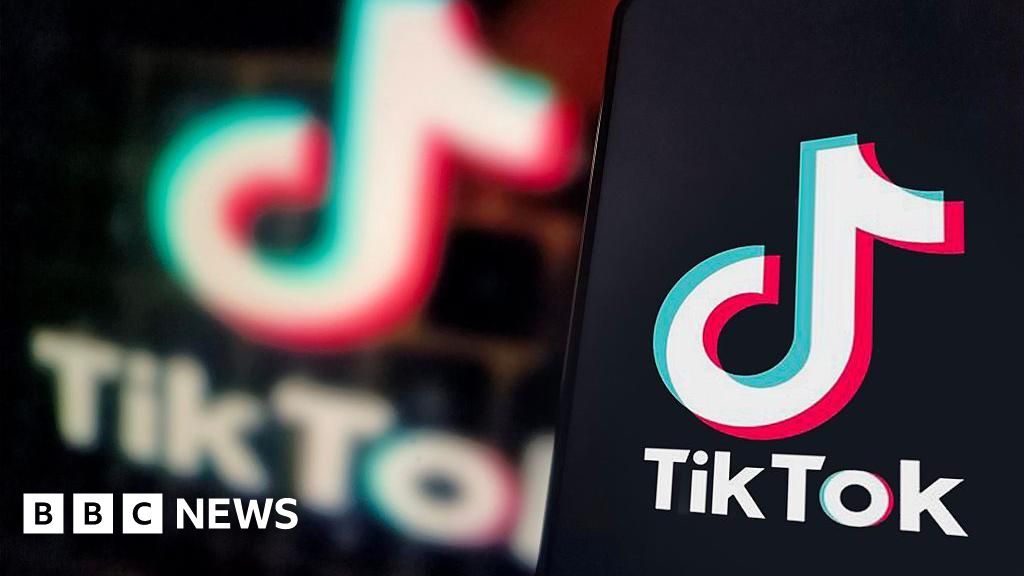





























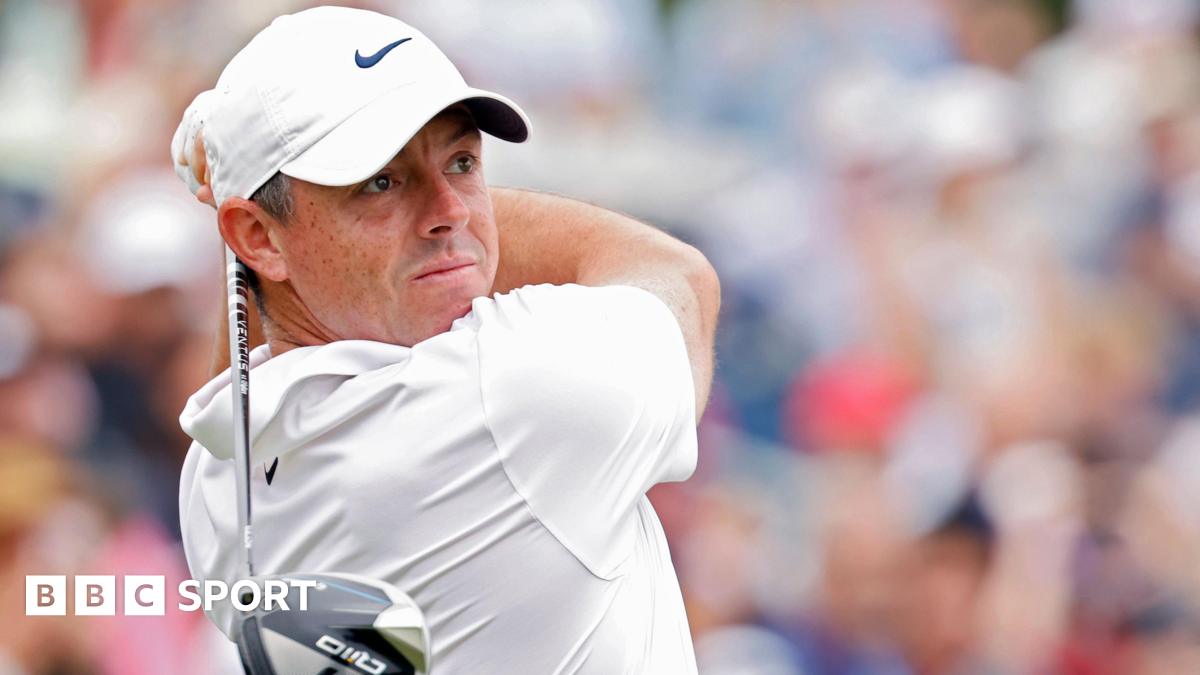

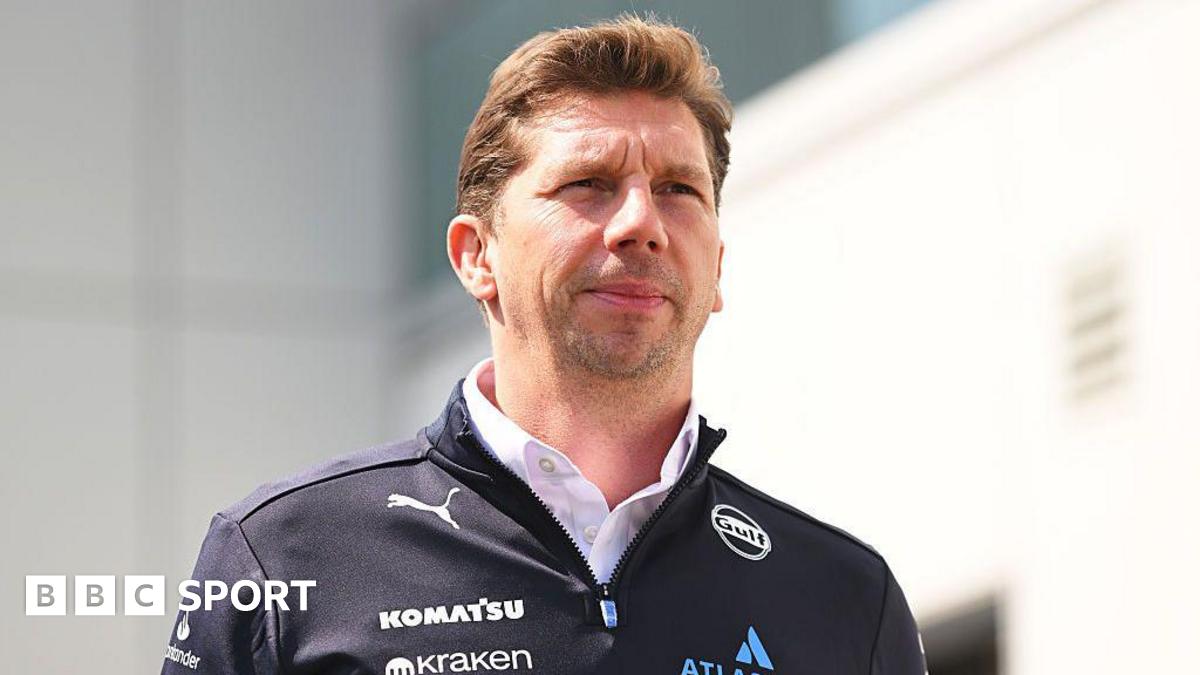

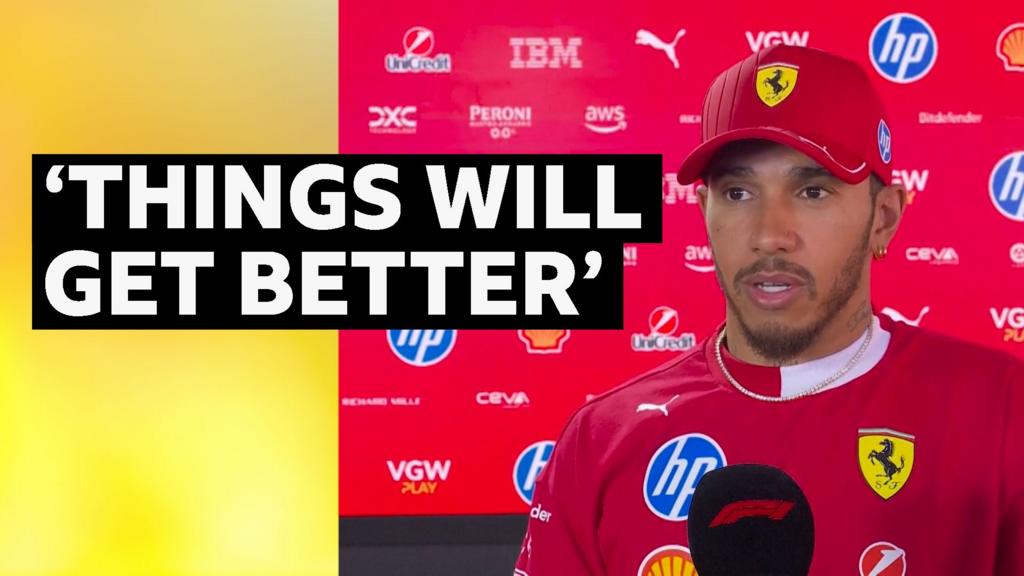


















![The Buccaneers Season 2 Premiere: Leighton Meester Makes Dramatic Entrance as [Spoiler]’s Mother](https://tvline.com/wp-content/uploads/2025/06/The_Buccaneers_Photo_020104.jpg?#)





































